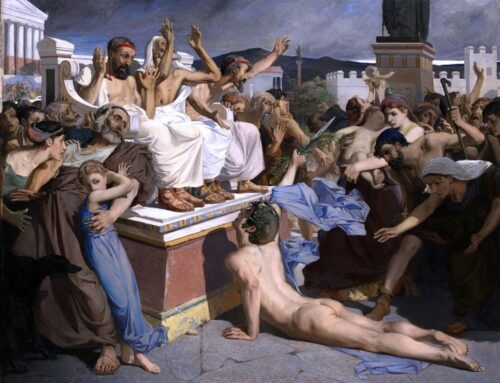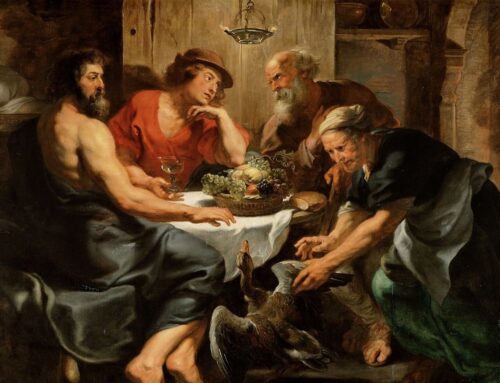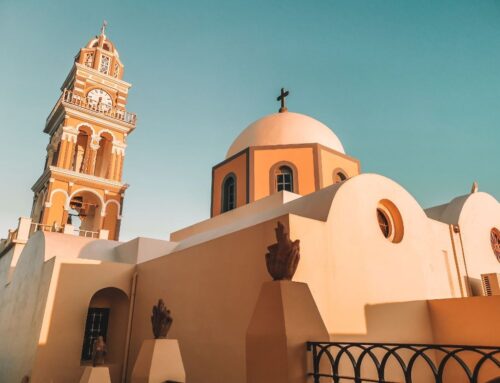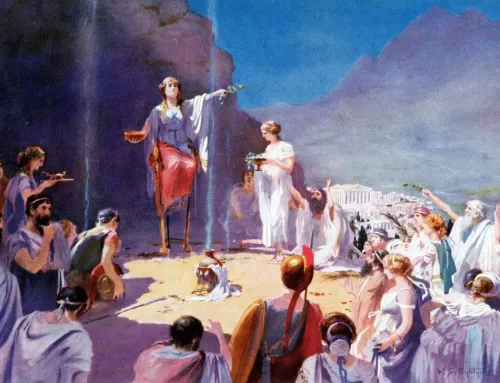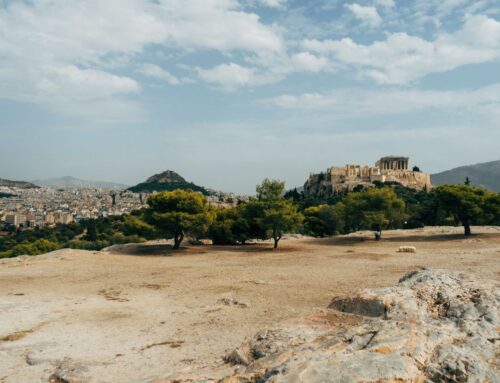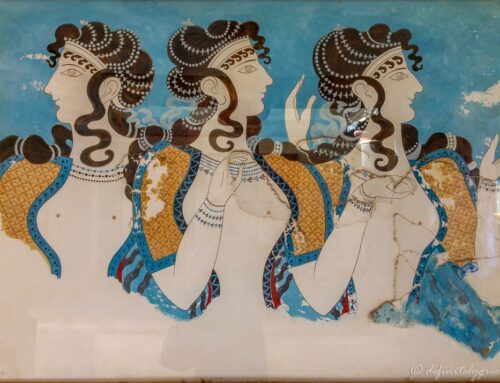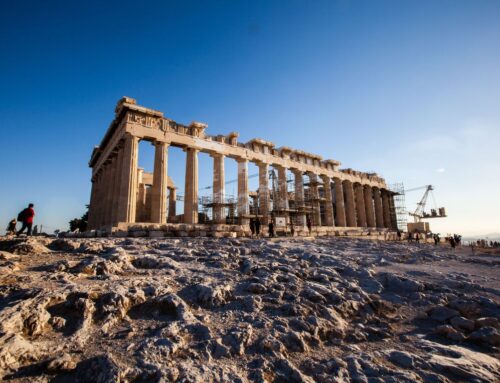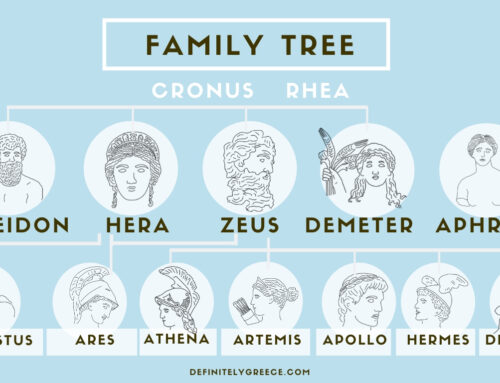Everything You Need To Know About The Ancient Olympic Games In Greece
Everything You Need To Know About The Ancient Olympic Games In Greece
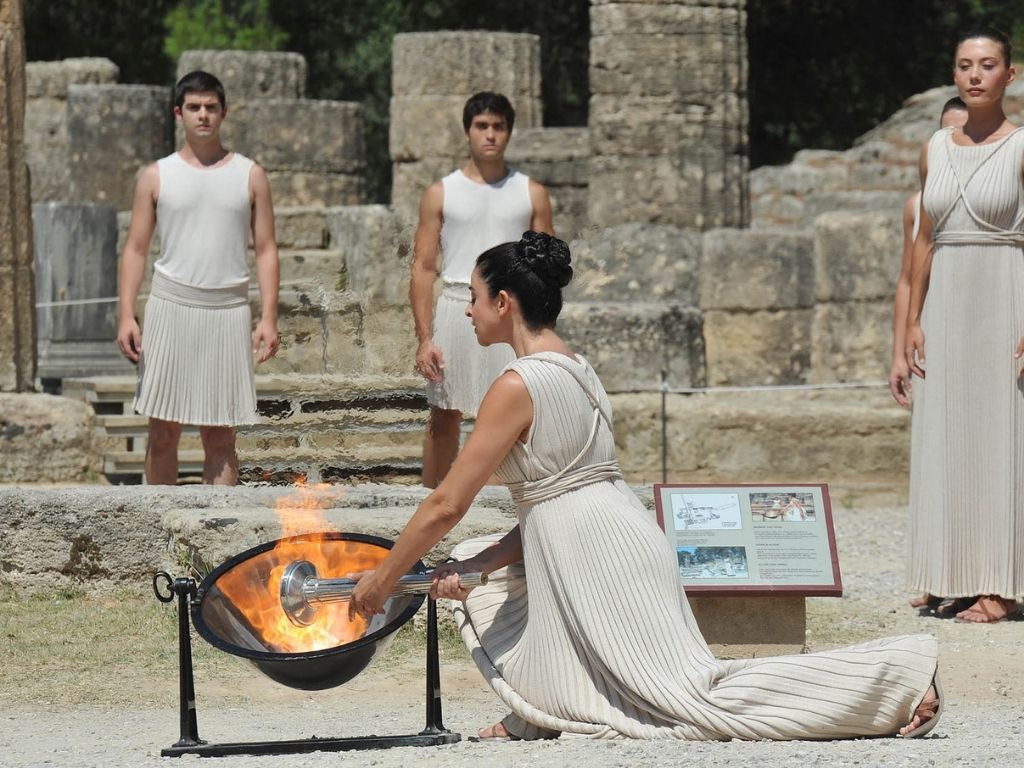
☞ Table of Contents:
The ancient Olympic Games in Greece was possibly the most important event to occur in the ancient world. While the Pythian games in Delphi and Panathenian games in Athens were also held in ancient Greece, the Olympic games were held in the highest regard. Every four years, like today’s modern Olympics, it would attract thousands of people from all over the country. Deaths were not uncommon, and champions were immortalised for their strength, agility and bravery.
☞ Related: Delphi Magic: An Adventure To The Breathtaking Sanctuary Of Apollo
When Was The First Ancient Olympic Games In Greece
Almost 3,000 years ago the first-ever recorded Olympic games was held in 776 BC in Olympia. The ancient Olympics in Greece occurred in honour of the Greek god Zeus and they went on to be held every four years in August or September. It became one of the most important events in ancient times and temporary truces would even be held so that people could travel from far and wide to compete. In the beginning, the games only had one event, a running race and this was won by Koroibos. The race was called a stadion (192m in length) and is the origin of the word ‘stadium’.
☞ Related: 5 Olympian Gods And Their Greek Island
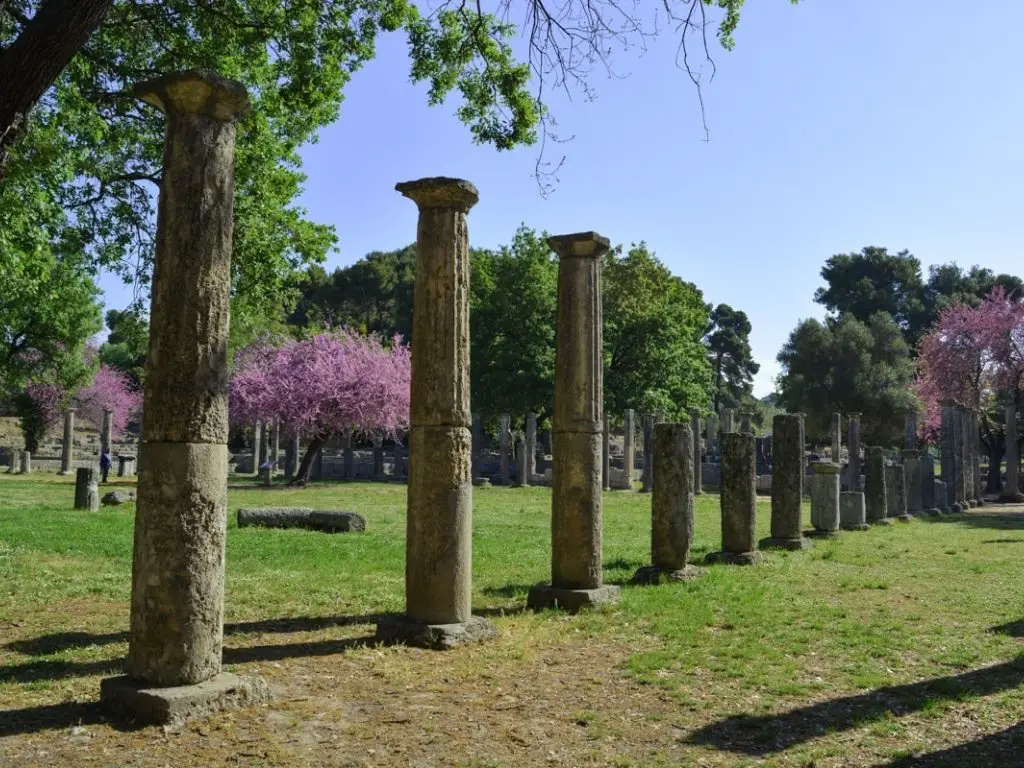
Where Did The Games Take Place
The ancient Olympic Games took place in Olympia. Located in the region of Elis in Greece on the Peloponnese peninsula, it is a small town made famous by these ancient games. Today you can visit the treasures that lie in the Archaeological Museum of Ancient Olympia in the north of Peloponnese.
The Lighting of the Olympic Flame in Olympia still occurs today as an ode to the modern Olympics origin. The flame then travels around the world to reach its final destination – the host country in which the Olympic Games are taking place. The flame is lit in front of the Temple of Hera that manages to retain some of its past splendour, like most of the ruins of Olympia.
☞ Related: 5 Magical Peloponnese Cities You Need To See
Ancient Olympic Athletes
While the first official Olympic champion was Koroibos of Elis who won the stadion, there were many more ancient Olympic athletes to follow. Winning an event in the ancient Olympic games in Greece was not a small feat. The winners went on to be idolised as immortals. Some of the other winners worth mentioning are Leonidas of Rhodes who was an exceptional runner. He won four consecutive Olympiads in a row across multiple running events (stadion, the diaulos, and the hoplitodromos).
Milo of Croton was also a 6-time victor and champion wrestler. Modern depictions of him can be seen in sculptures and paintings. One such example is the painting by Charles Meynier which depicts the legend of the athlete’s unfortunate death. In an attempt to demonstrate his strength Milo split apart a tree trunk with his bare hands but become trapped and was devoured by wolves.
☞ Related: The Top Ancient Greek History Facts For A Greek History Noob
What Were The Ancient Olympic Events
The ancient Olympic games in Greece were an incredible show of bravery, athleticism, and sometimes downright savage absurdity. You’ll be surprised by some of the Olympic events. The most shocking of these events was pankration. Often described as a combination of boxing and wrestling, pankration was pretty much a free for all where only biting and gauging was banned. The other Olympic events included chariot racing, boxing, running and a pentathlon.
When And Why Did The Games Stop
As Greece entered a new age the event saw a slow but sure demise. The integrity of the games was all but slipping and a perfect example of this was shown in 67 AD when the Roman emperor Nero competed in a chariot race and despite making a spectacle of himself and falling off, he named himself the champion! Later under the reign of the Roman emperor Theodosius I, a Christian, pagan temples and sites were destroyed and in 393 AD he banned the ancient Olympic games for their link to paganism as they were originally held in honour of the Greek god Zeus.
☞ Related: The Women Rulers Of Ancient Greece We Need To Remember
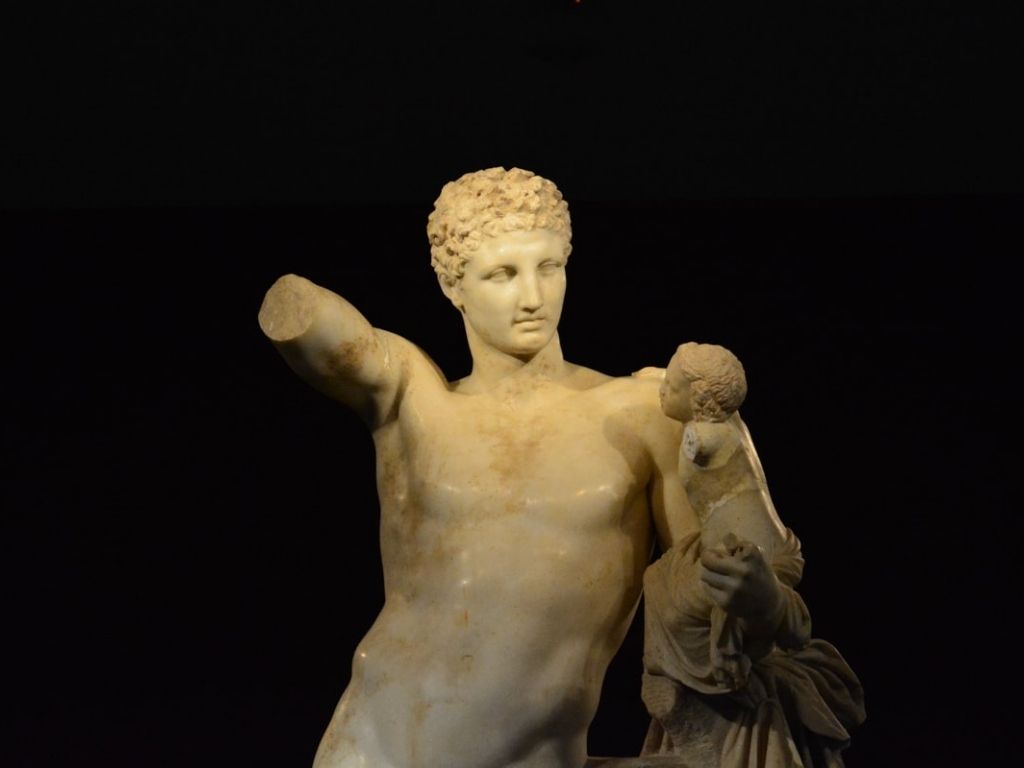
The Modern Olympics
In 1896 a revival of the ancient Olympic Games in Greece occurred, this time with a more modern approach. The event saw 280 male (women were not able to compete until 4 years later in 1900) athletes come from 13 different countries to compete. The opening ceremony drew a crowd of 60,000 people! This modern version of the Olympics included 43 different events from weightlifting to cycling. Ever since then the Olympics have grown and evolved into what you see today.
☞ Related: 7 Unique Running Events Around Greece You Shouldn’t Miss
For assistance in organizing your trip to Greece, feel free to contact us via email or click the link below to arrange a complimentary consultation.
*Disclaimer: This page includes affiliate links. If you decide to book something through one of them, I might get a little bonus, but it won't cost you anything extra.*

